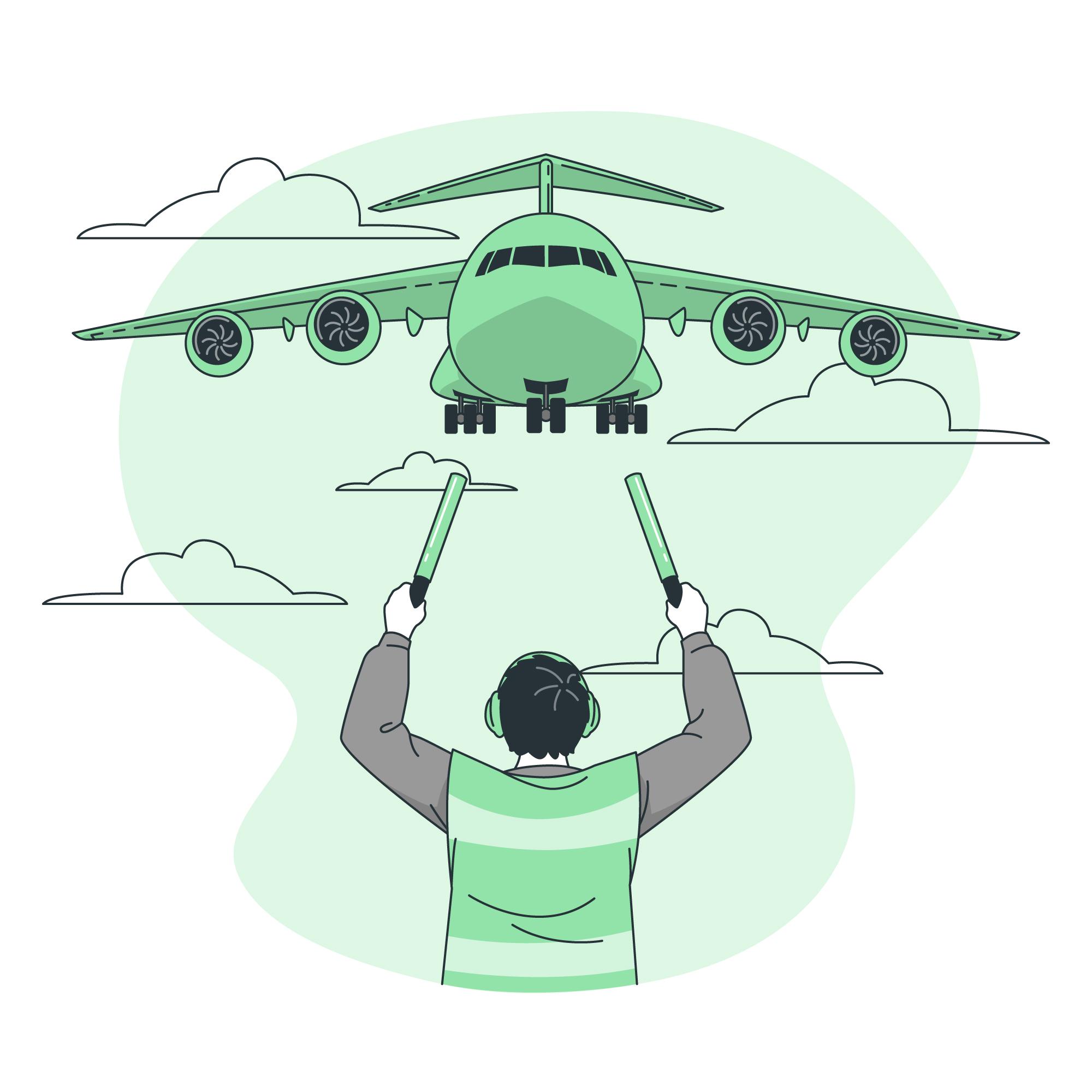Dirty Decibel Jobs
by Lindsay B. Robinson, HIA Program Coordinator
May 8, 2024
One of my favorite shows in the early 2000’s was Dirty Jobs with Mike Rowe. It enlightened viewers to a wide variety of ways that people make a living – from repairing sewage pipes deep under cities to cleaning roadkill to kelp farming. These jobs might make some squeamish, but these are the hidden heroes that keep our communities clean or help support the food industry, among many others.
Following along the same theme, there are some industries that are important assets to our community but may be considered “dirty decibel jobs”, or career choices that could expose an individual to loud levels of noise and risk permanent hearing damage. Some of these include:
 Construction work with the constant sound of heavy machinery, power tools, and equipment.
Construction work with the constant sound of heavy machinery, power tools, and equipment.
- Manufacturing work that can often have high levels of noise from machinery such as conveyor belts, alarms, and assembly lines.
- Airport workers, including ground crew and runway workers, are exposed to the loud noise of aircraft engines daily.
- Mining work involving the use of heavy machinery and equipment leading to high levels of noise in mines and quarries.
- Military, especially those in combat roles or working around jets and heavy machinery, are frequently exposed to loud noises that can damage hearing.
- Transportation workers such as train conductors, truck drivers, and subway operators, are often exposed to loud noises from engines, brakes, and other equipment.
- Landscape work exposes individuals to prolonged noise from leaf blowers, trimmers, lawn mowers and other equipment.
- Restaurant workers and bartenders may be exposed to loud music, and the bustle of plates and cleaning equipment may also expose individuals to noise levels over the safe listening threshold.
These are just a few examples of occupations where workers are regularly exposed to high levels of noise. It's important for individuals in these professions to protect their hearing and avoid long-term damage. This can be done by:
 Wear hearing protection: One of the most effective ways to protect your hearing in a noisy workplace is to wear ear protection such as earplugs or earmuffs. These devices can help reduce the level of noise that reaches your ears, minimizing the risk of hearing damage.
Wear hearing protection: One of the most effective ways to protect your hearing in a noisy workplace is to wear ear protection such as earplugs or earmuffs. These devices can help reduce the level of noise that reaches your ears, minimizing the risk of hearing damage.- Take Breaks: If possible, limit the amount of time you spend in noisy environments by taking regular breaks in quieter areas. This will give your ears a chance to rest and recover from exposure to loud noises.
- Get regular hearing tests: Make sure to have your hearing checked regularly by a licensed hearing care professional. Early detection of hearing loss can help prevent further damage and allow for appropriate intervention.
- Be aware of the risks: Overall, it's important to be aware of the risks associated with working in a noisy environment and to constantly be aware of your surroundings. By keeping in mind that your hearing is delicate and noise-induced hearing loss is 100% preventable, you can help preserve your hearing health and avoid the long-term consequences.
- Know your rights: the Occupational Safety and Health Administration (OSHA) requires employers to implement a hearing conservation program if employees are exposed to noise averages at or above 85 dB during an 8-hour work period. View more information about noise and workers’ rights at https://www.osha.gov/noise/standards
Remember, your hearing is a delicate process that is essential to your overall health, so it's important to take steps to protect it. Visit hearing.org for additional hearing health facts and to locate a licensed hearing care professional near you.
 Construction work with the constant sound of heavy machinery, power tools, and equipment.
Construction work with the constant sound of heavy machinery, power tools, and equipment. Wear hearing protection: One of the most effective ways to protect your hearing in a noisy workplace is to wear ear protection such as earplugs or earmuffs. These devices can help reduce the level of noise that reaches your ears, minimizing the risk of hearing damage.
Wear hearing protection: One of the most effective ways to protect your hearing in a noisy workplace is to wear ear protection such as earplugs or earmuffs. These devices can help reduce the level of noise that reaches your ears, minimizing the risk of hearing damage.